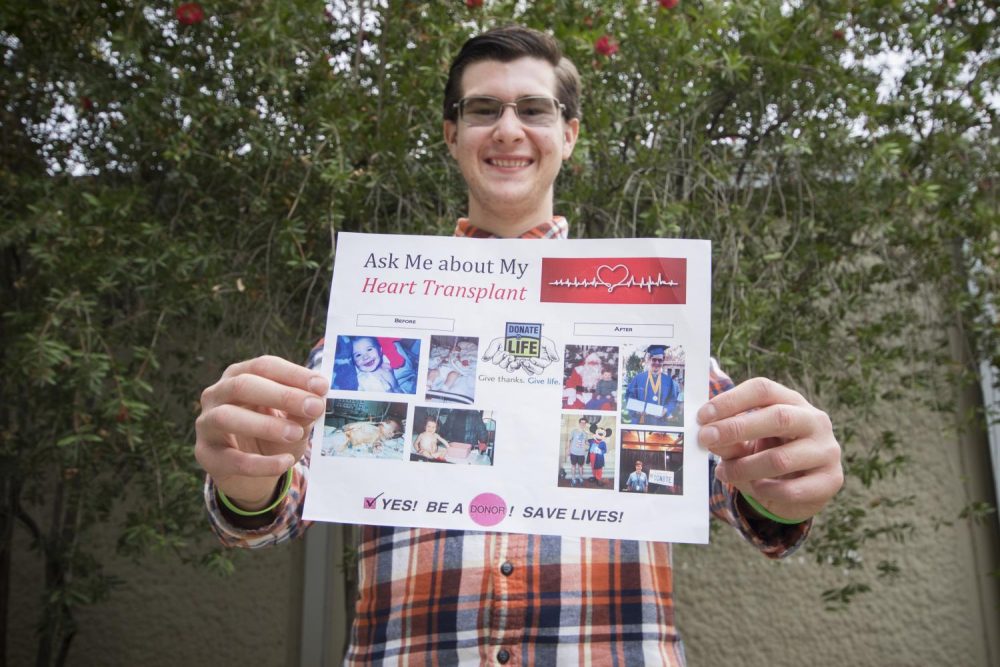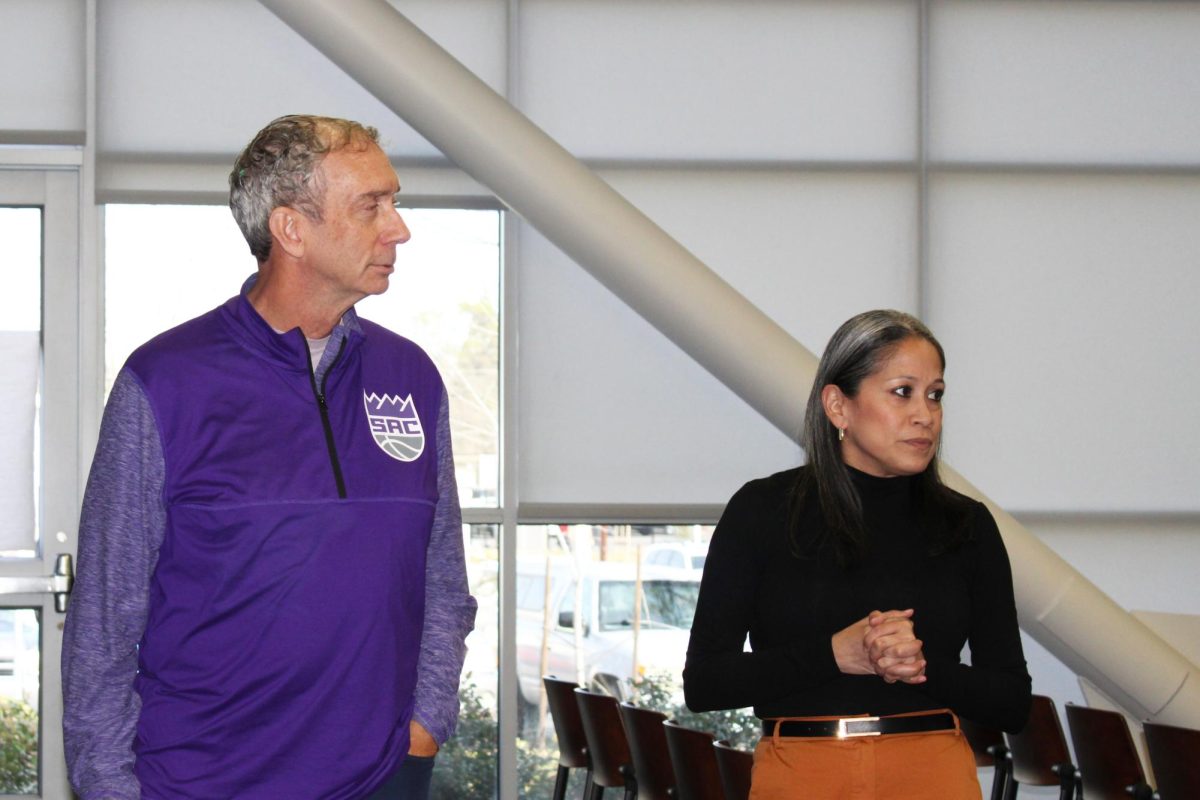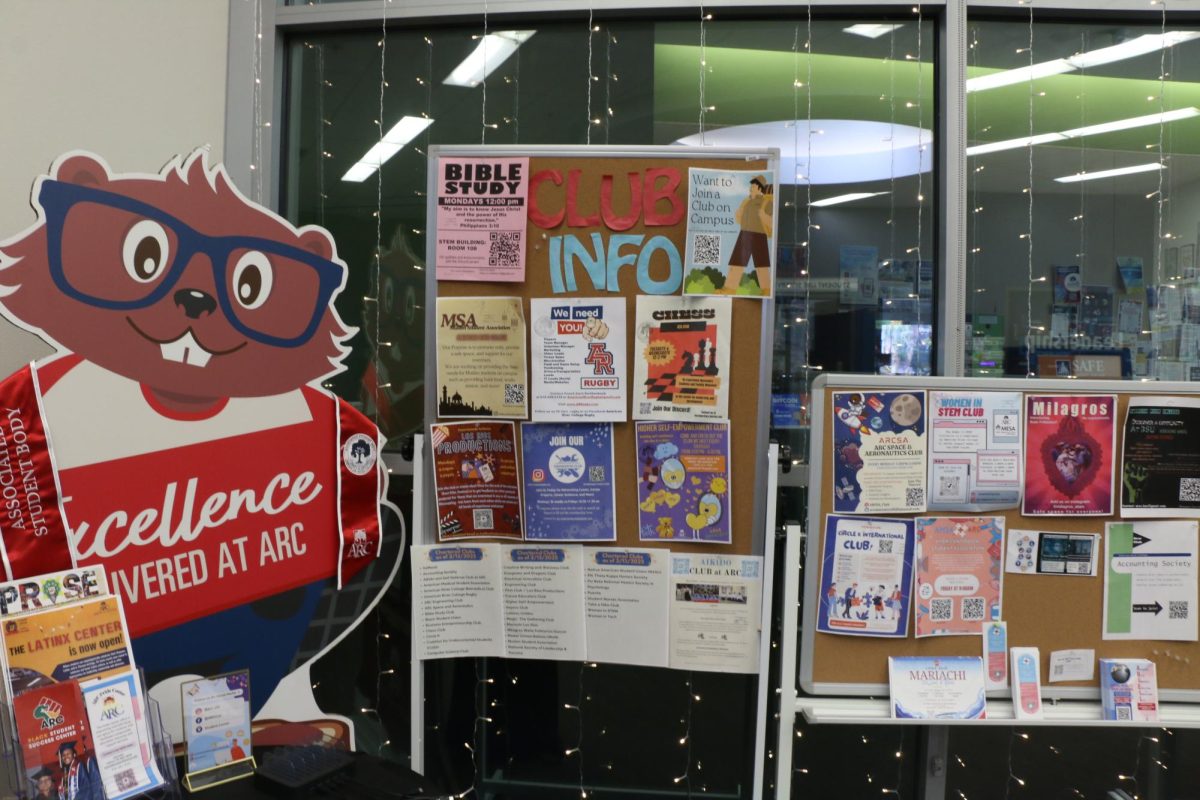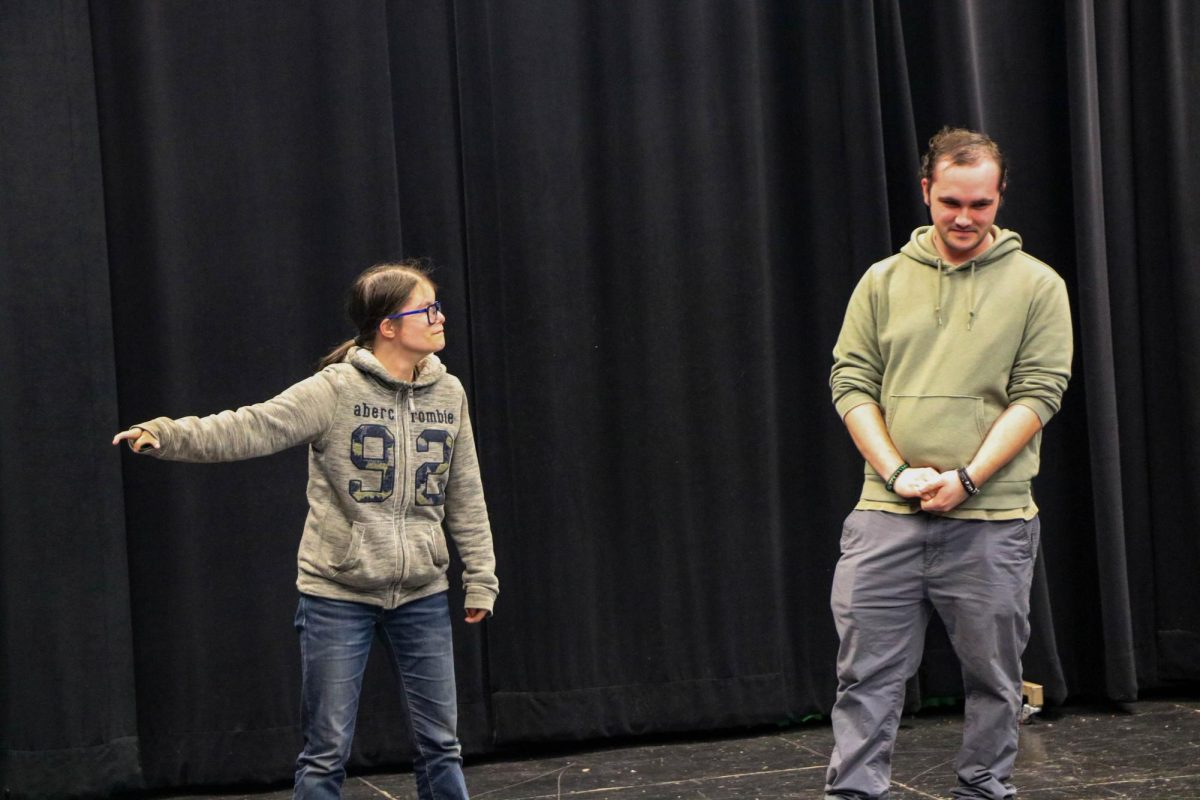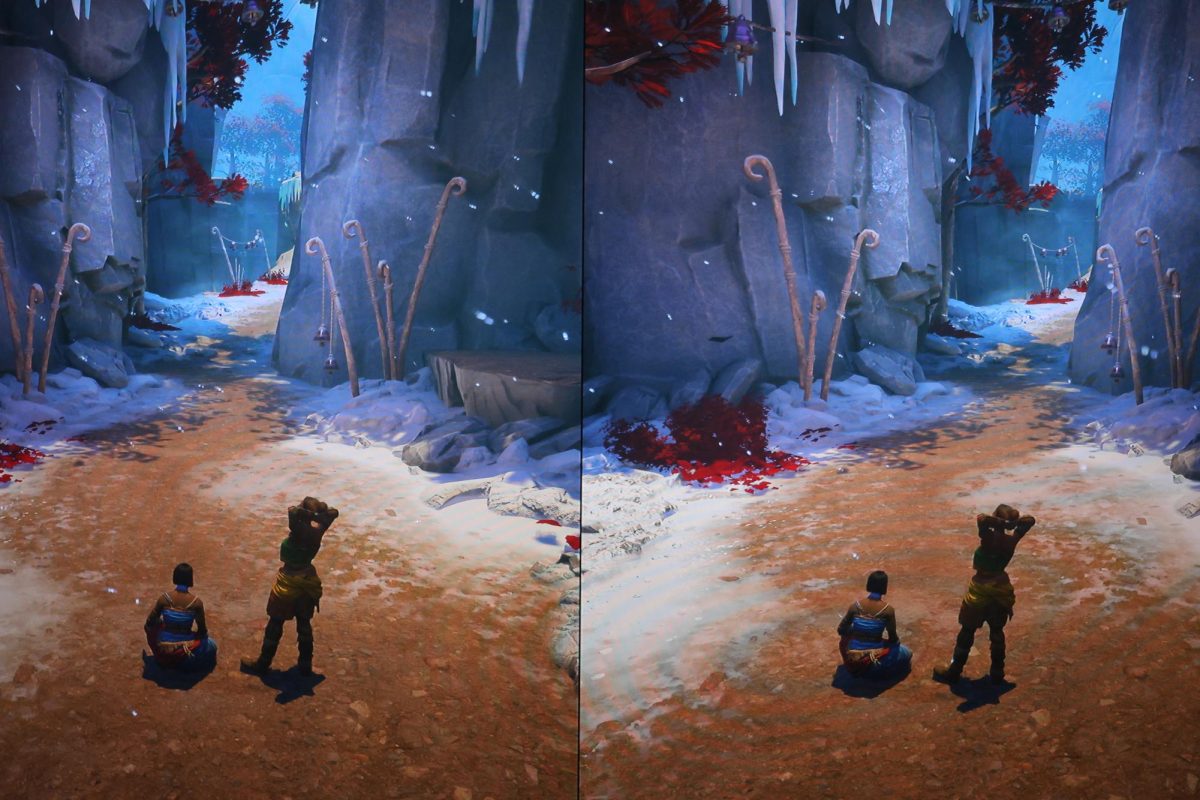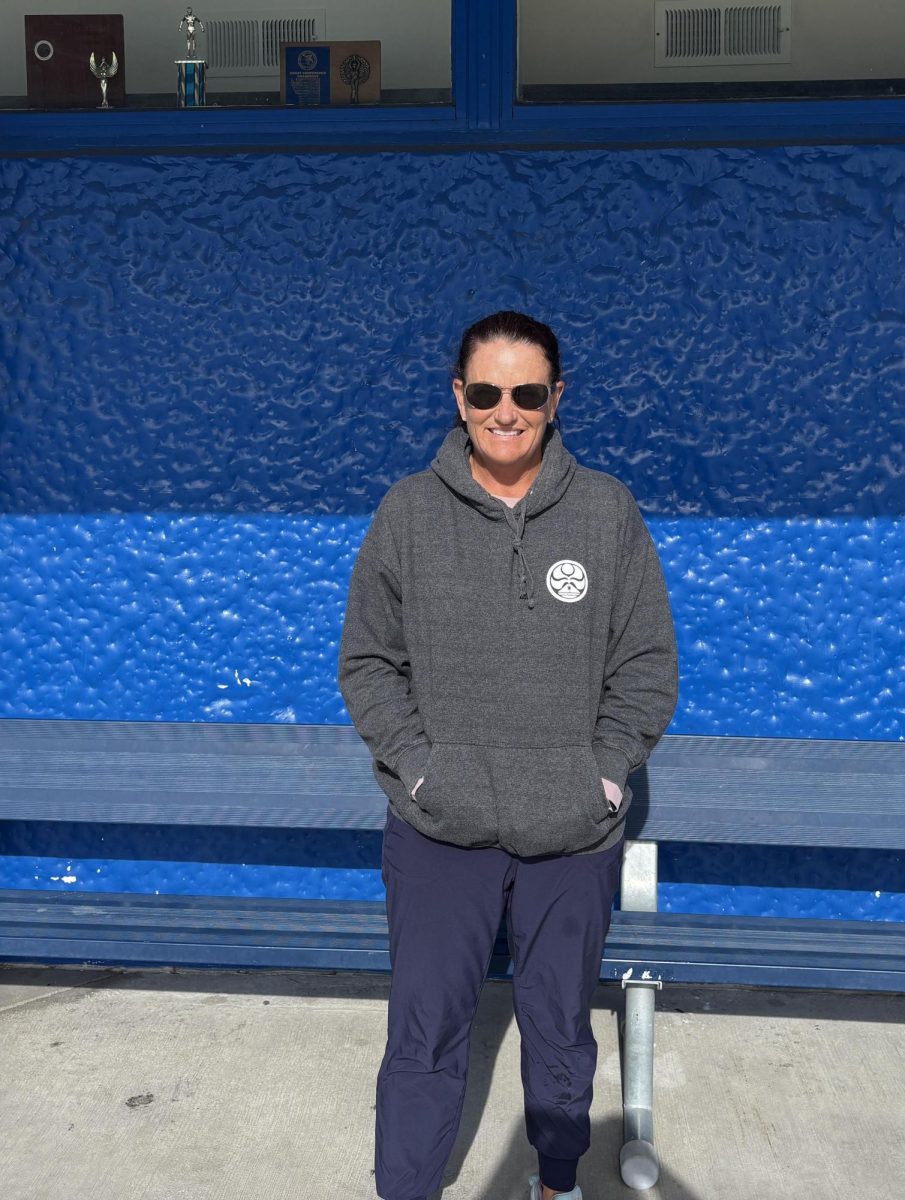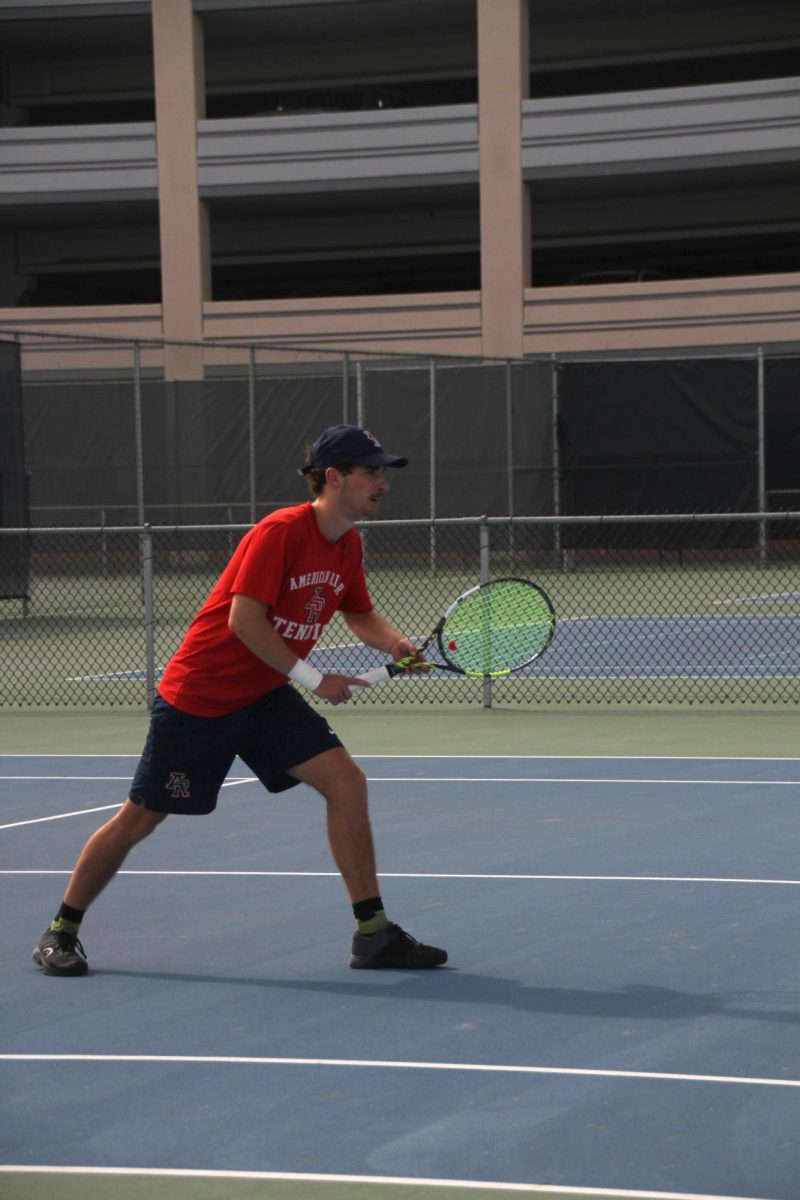Each year the number of people on the organ transplant waiting list continues to grow rapidly—even as the number of donors stays relatively the same, according to organdonor.gov.
As a result, only 30,000 people of the 119,362 annual applicants receive the donated organs they need, according to the Organ Procurement and Transplantation Network.
Chris Sutton was one of those lucky 30,000 when he was just a 2-year-old boy. .
Fast forward many years and Sutton, now 21, attends American River College where he’s studying to obtain a communications degree. With that degree, he hopes to pursue his passion educating people about the importance of being an organ donor.
According to Sutton, who is also a spokesperson for Sierra Donate Service organization, he was only 7 months old when he suffered his first cardiac arrest. His father had to perform infant CPR on him as his mother rushed to call 911.
He was taken to San Juan Mercy hospital, where he was revived. He was then taken to UC Davis Medical Center after doctors at San Juan were unable to diagnose the young child.
After undergoing an echocardiogram, a procedure where doctors take a scope to the heart, it was discovered that Sutton had a tumor in his heart.
The doctors at UC Davis attempted to remove the tumor through open heart surgery, but it was unsuccessful.
“They found out that [the tumor had] grown into the heart muscle and they couldn’t successfully remove it,” Sutton said. “In fact they had to sew it back to the heart muscle and the doctor said it was like sewing gristle to steak.”
The cause of Sutton’s cardiac arrest was due to the tumor interrupting his heart’s electrical system. This caused his heart to have an irregular heartbeat.
Sutton was placed on a heart medication designed for adults. He was then taken into surgery where they forcefully stopped his heart to test the effectiveness of the medication. The attempts were not successful.
Eventually his electrophysiologist—a doctor who specializes in the electrical pattern of the heart rhythm—contacted Medtronic, a medical technology facility, to obtain a cardiac defibrillator small enough to fit an infant.
Eventually, Medtronic contacted the doctor and said they created a small enough device for Sutton, making him the youngest recipient to receive a cardiac defibrillator at the time.
Because Sutton’s case was so rare, it was discussed at a large cardiology conference. There, a heart surgeon from UCSF Medical Center announced he could successfully remove the tumor from the one year old’s heart. However, his boast proved false.
“He opened me up and said ‘Oh I can’t do anything about it’, and then sewed everything back up,” Sutton said.
Sutton added that the wound he received from that surgery did not heal properly, leaving a massive infection that nearly killed him.
Sutton again found himself at UC Davis Medical Center where they discovered that he came down with endocarditis, an infection of the heart muscle. In addition, the cardiac defibrillator was also infected and had to be removed.
He was left without the device for six weeks until the antibiotics were out of his system. This left him vulnerable to further heart complications.
UC Davis Medical Center implanted another cardiac defibrillator. Four days after the surgery he suffered three episodes of arrhythmias.
The device corrected the arrhythmias and saved his life.
Due to the damage to his heart, it was decided that Sutton needed a new heart and was put on the list for a heart transplant.
“I spent my second birthday getting bloodwork done at UC Davis,” Sutton said.
On July 2, 1998, Sutton’s family received a call that there was a heart available. The next morning, at Lucile Packard Children’s Hospital in Stanford, Sutton came out of surgery with a new heart.
His new heart had once belonged to a 3-year-old girl named Vicki, who would become one of the biggest influences on Sutton’s life.
“She is my hero and gives me purpose,” Sutton said.
Sutton got in contact with his donor family when his mother sent a thank you letter to his donor’s family. Vicki’s mother wrote back to Sutton’s family and told them about her daughter.
“I am lucky to be a part of the 5 percent of [individuals] that know their donor family,” Sutton said.
When he was 10, Sutton was able to meet with his hero’s family and have them listen and feel Vicki’s heart give life once more.
“They said it was the most beautiful and painful moment,” Sutton said of the meeting.
Sutton is in touch with his donor’s family on a regular basis as he continues to inform people of the significance of being an organ donor.
“It’s my responsibility and honor to be here to carry out [Vicki’s] legacy,” Sutton said. “Her legacy is the only reason how and why that I am here today.”
People who want to register as a donor can do so at www.registerme.org.


